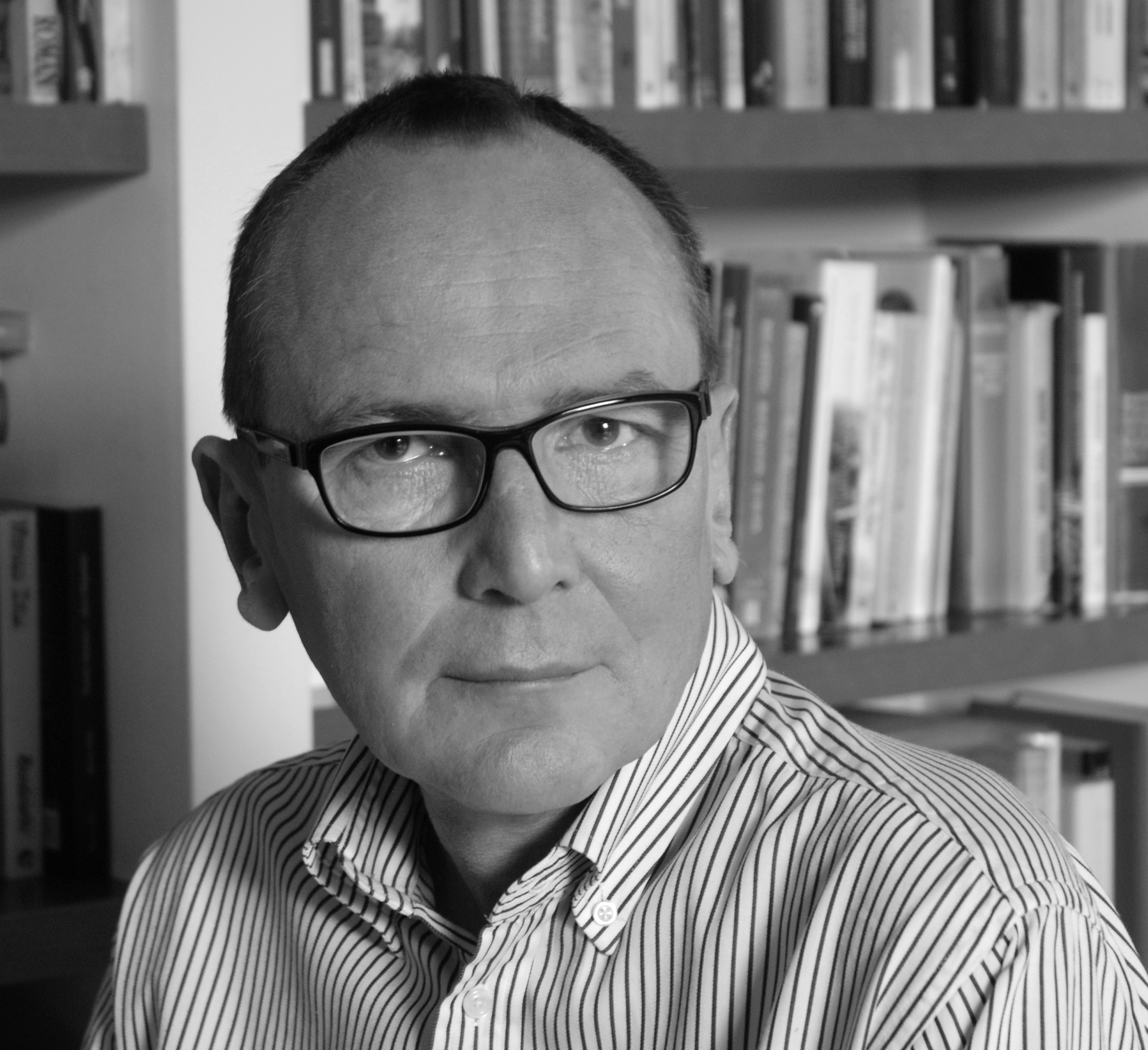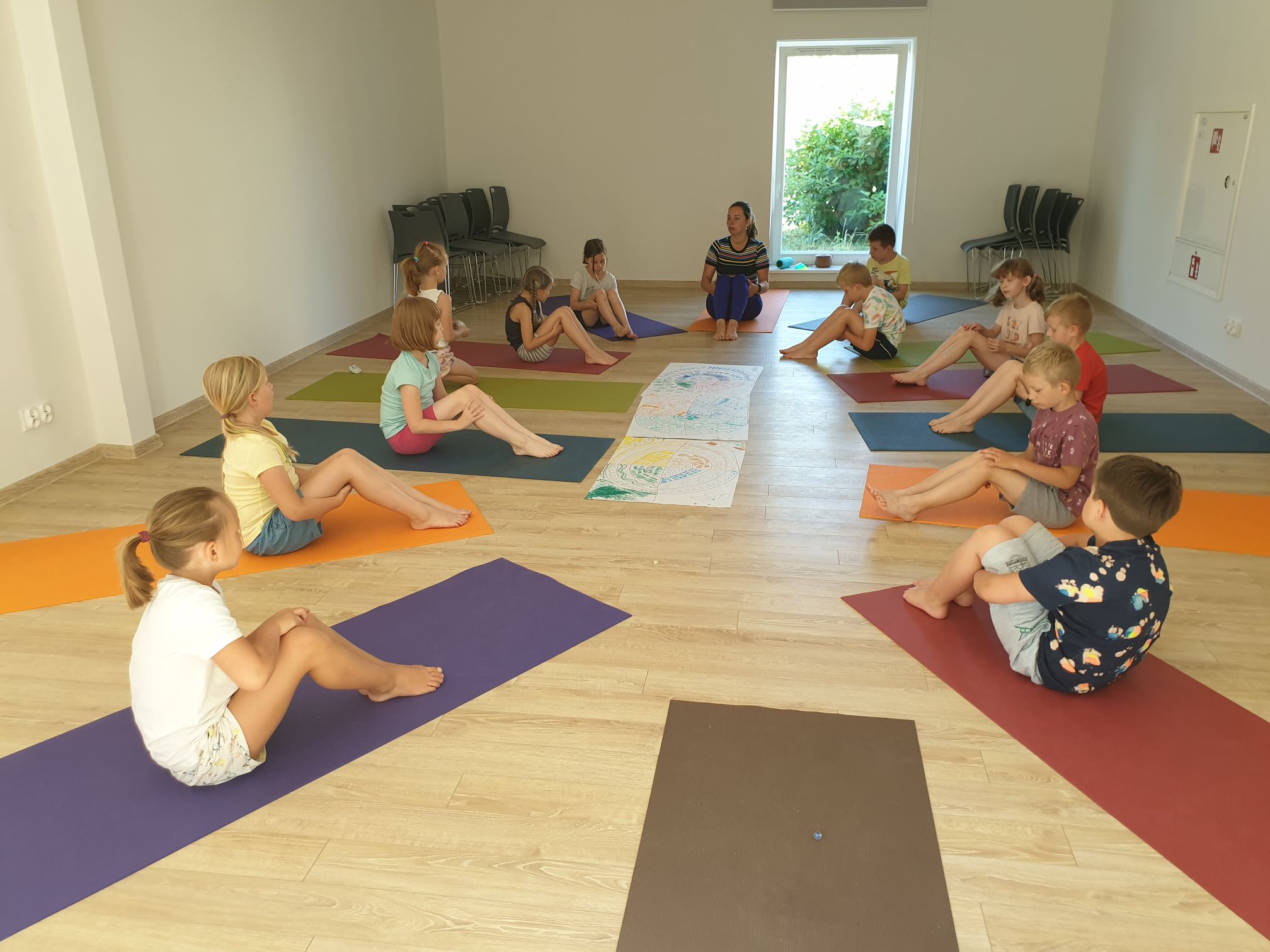
On 4-8 July 2021, after a break due to the pandemic, another edition of the bibliodrama workshop took place, this time under the title "Creating at the end of time? Between resignation and responsibility".
The project, organised by the Krzyżowa Foundation for Mutual Understanding in Europe together with the Polish Bibliodrama Society and the German Bibliodrama Society (Deutsche Gesellschaft für Bibliodrama), took place for the first time in a hybrid form - both live in Krzyżowa and online.
The meeting was attended by 24 people from Poland and Germany. The project's programme was very intensive. It included lectures (e.g. on the Krzyżowa Circle or Polish-German economic relations 30 years after the signing of the Treaty on Good Neighbourhood and Friendly Cooperation), workshops, guided tours of Krzyżowa as well as excursions and integration meetings.
Read more: ||REPORT|| International, ecumenical bibliodramatic workshop - 4-8.07.2021 - Krzyżowa, online

We invite you to listen to a conversation with Dr. Justyna Kajta, a sociologist from the SWPS University in Warsaw, about national movements and the reasons why they attract new people.
The conversation, prepared in the form of a podcast, is part of a project "Laboratory of Dialogue" carried out by the Krzyżowa Foundation for Mutual Understanding in Europe together with the Konrad Adenauer Foundation in Poland.
Read more: ||PODCAST|| Dr Justyna Kajta: Who are the participants in national movements?

Professor Włodzimierz Borodziej - former member of the Council of the Krzyżowa Foundation for Mutual Understanding in Europe, historian specialising in modern history, professor at the Historical Institute of Warsaw University, editor-in-chief of "Polish Diplomatic Papers" published by the Polish Institute of International Affairs, chairman of the Scientific Councils of the Imre Kertész Kolleg in Jena (since 2016) and the House of European History in Brussels (2009-2019) died on 11 July 2021 at the age of 64.
The Więź.pl portal published an interview conducted last year with Prof. Włodzimierz Borodziej by Dr. Robert Żurek, Managing Director of the Krzyżowa Foundation for Mutual Understanding in Europe. The conversation was originally recorded as a podcast in the framework of the project "A united Europe was not achieved and we had war" realized by "Krzyżowa" Foundation for Mutual Understanding in Europe with the support of Regional Representation of European Commission in Wrocław.
Read more: ||MEDIA|| Więź.pl reminds of an archival conversation between Dr. R. Żurek and Prof. Włodzimierz...
 The second turn of our artistic day camp "Closer to nature" has ended. For five days, from 5 to 9 July, the participating children spent their time playing and engaging in creative activities. All this took place, in accordance with the name of the project, close to nature, in the beautiful landscapes of Krzyżowa and ecologically.
The second turn of our artistic day camp "Closer to nature" has ended. For five days, from 5 to 9 July, the participating children spent their time playing and engaging in creative activities. All this took place, in accordance with the name of the project, close to nature, in the beautiful landscapes of Krzyżowa and ecologically.
Classes conducted by an experienced team of educators of the International Youth Meeting Center have been planned in such a way that it was impossible to get bored, that the fun was creative and useful, and everyone could learn something new. Children participated in language animations, yoga training, games in the open air, art and ecological classes, they learned, among others, the secrets of pickling cucumbers and the idea of permaculture, which we implement in our garden. There were so many ideas for new games and workshops that the week of day camps passed too quickly.
Read more: ||REPORT|| Artistic summer camps "Closer to nature" - II turn - 5-9.07.2021








